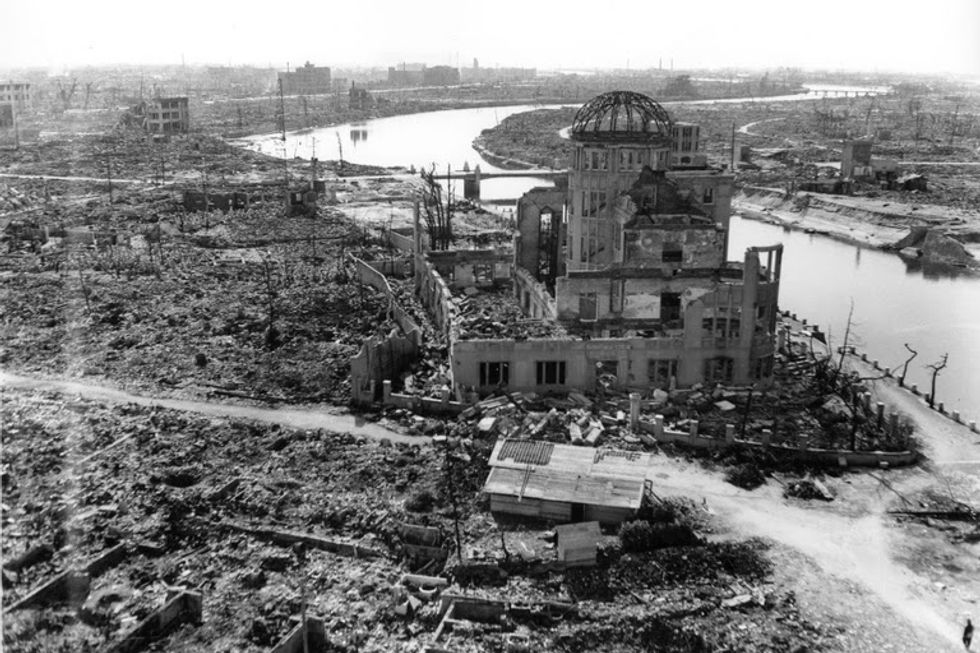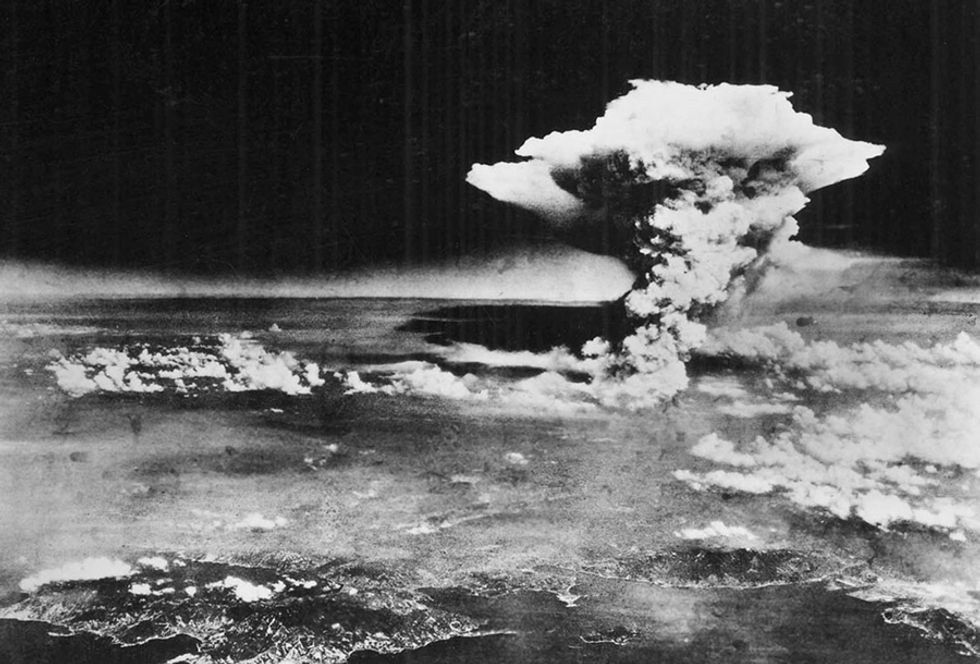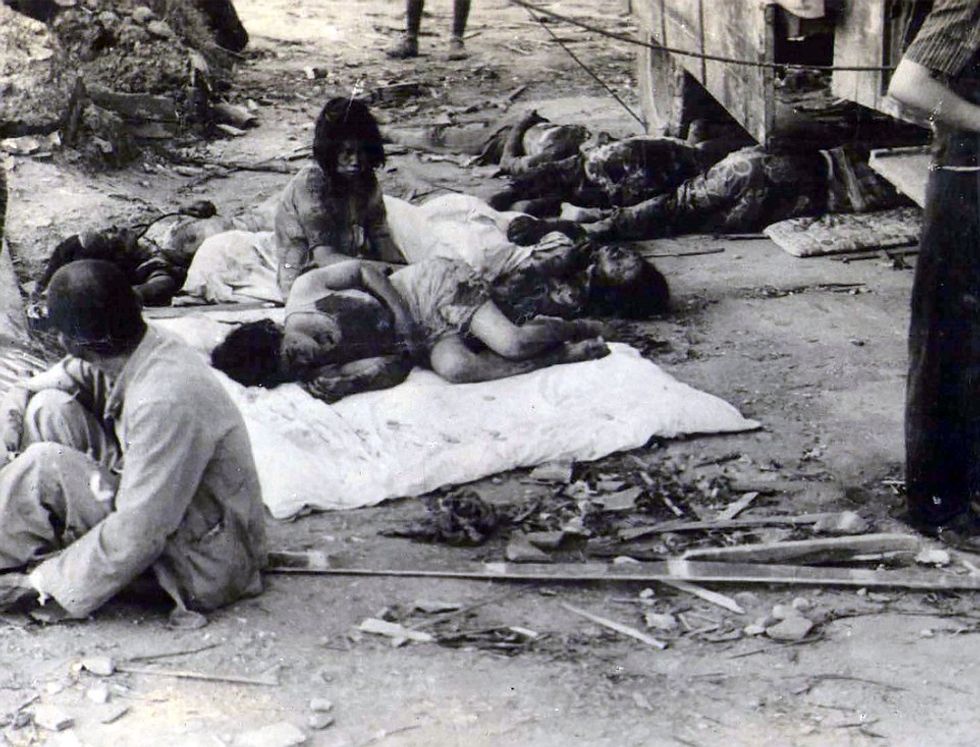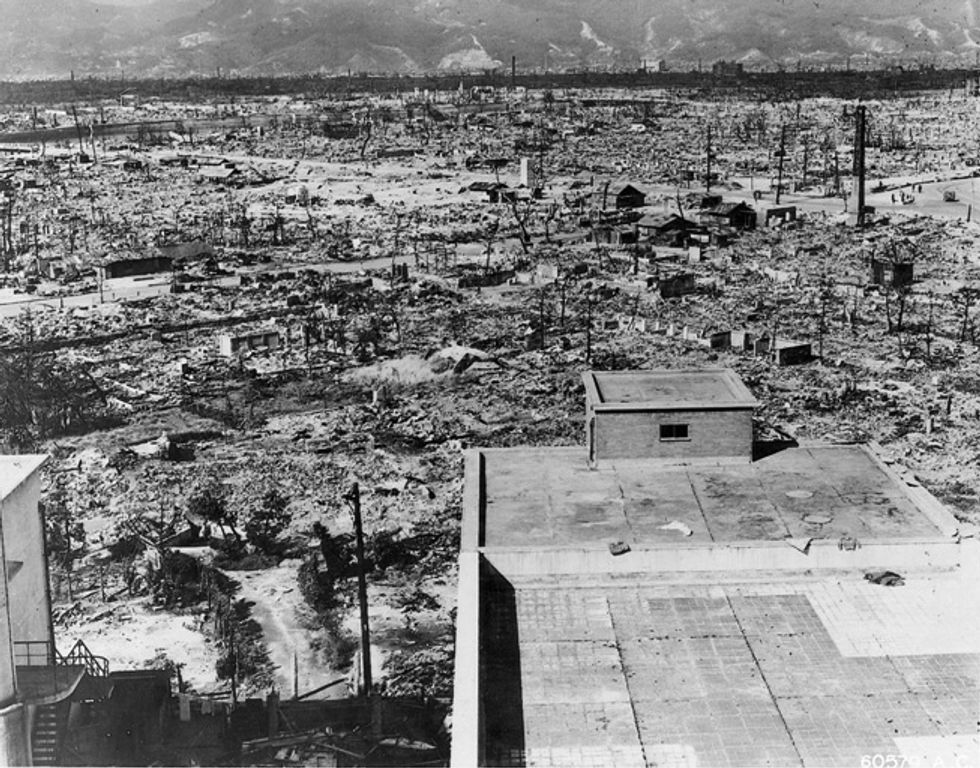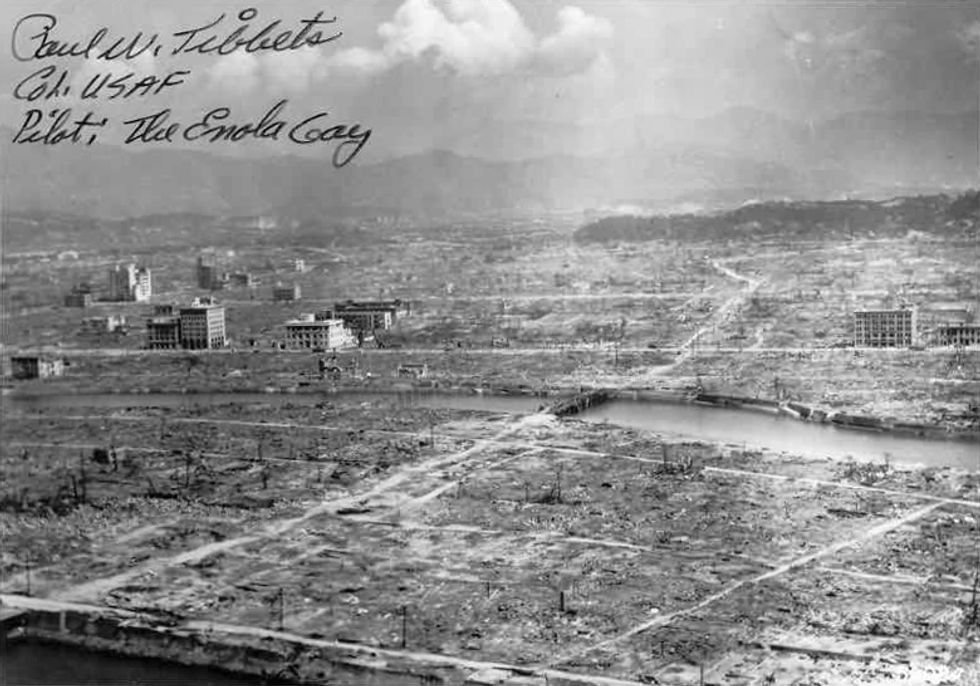The events that occurred on August 6, 1945, are too often glanced over and even forgotten. On this day, the United States of America dropped the world’s first atomic bomb on the city of Hiroshima, Japan.
Of course, we learn about the events in our history classes but the true extent of the damage brought upon the city by the bomb is not commonly understood. After being assigned the reading of John Hersey’s Hiroshima, for my history class in college, my eyes have been opened to the monstrosity of atomic weaponry and the absolute terror my beloved country ensued by the use of those weapons.
Why is it that we aren’t told about what really happened after the dropping of the bombs? Why have I gone so long not understanding the effects of the bomb on the city of Hiroshima and it’s inhabitants? How could America have done such a thing to other human beings? Here is why everyone should read this nonfiction book and open their eyes to the horrors that occurred in Hiroshima.
They didn’t know it at the time, but when that blinding flash of light rampaged across the sky over their city, the people of Hiroshima would soon feel the effects of a bomb never before experienced by humanity.
The people inhabiting the city had long been prepared for an extremely intense air-raid by the Americans but the damage following this bomb, they could have never prepared for. Reverend Tanimoto, one of the survivors who shares his experience in the book, felt the bomb over two miles away from the center at which it fell.
In his location, houses were reduced to rubble and people died and were severely injured from the falling establishments and the radioactive effects. Dr. Fujii, another survivor, describes his bewilderment upon examining the corpses of the dead that littered the street as well as the symptoms experienced by the wounded survivors. He expresses confusion in the severe burning of the skin but no presence of fire and the profuse vomiting.
Mr. Tanimoto recalls his first experiences with the injured and dying recalling watching people who were severely wounded, with charred skin hanging off various places on their own bodies, dragging their even worse off loved ones along the streets toward the hospitals. People vomited as they aimlessly wandered the streets in shock and often laid down in the street to die.
Many women, naked after their clothes burned off, displayed burn patterns on their skin the same as the kimonos they had worn earlier.
There were so many in need of help that people could only allot attention to their families forcing the cries of others to fall on silent ears.
Very little solace came to those who did manage to drag themselves to the hospitals as there was no one there to treat them. Of the 150 doctors in the city 65 of them died and most of the rest were unable to attend to others because of their own injuries. In addition, of the 1,780 nurse in the city 1,654 died or were unable to function.
In the city’s largest hospital, that of the Red Cross, only 6 out of the 30 doctors and 10 out of the 100 nurses were able to assist the injured. Even when they did reach the hospitals there was often a plethora of other survivors waiting to be treated and what was left of the hospital staff could only dedicate attention to those in life-threatening conditions.
An additional issue for the doctors was that they had never seen these types of injuries and conditions brought on by a bomb before so they had very little knowledge on how to properly treat injuries.
100,000 people were killed by the bomb dropped on Hiroshima. 70,000 of these deaths were a result of the bomb itself but the rest occurred hours and days after the bomb met the earth due to radiation sickness and untreated injuries.
70% of the buildings in the city were destroyed and another 7% were severely damaged. It took the city five years to rebuild and rise from the ashes of absolute devastation and though the chemical burns healed the memory of this horrific event is forever burned in the memory of the Japanese people. As an American, I am ashamed that the people of my nation could willingly bring this amount of turmoil on to other human beings.
I am equally as ashamed that Barack Obama was the first American president to visit the city since the bomb fell. Though he did not apologize for the actions of his nation, many survivors claimed that his visit, serving as an acknowledgment of the horrors experienced there, was enough and so appreciated. Well, I am sorry.
I am sorry for this decision made by my country under the extreme pressures of wartime and I sincerely appreciate the pain and turmoil felt by the people of Hiroshima, and Japan as an entire country, though I will never understand the extent to which it was felt.


